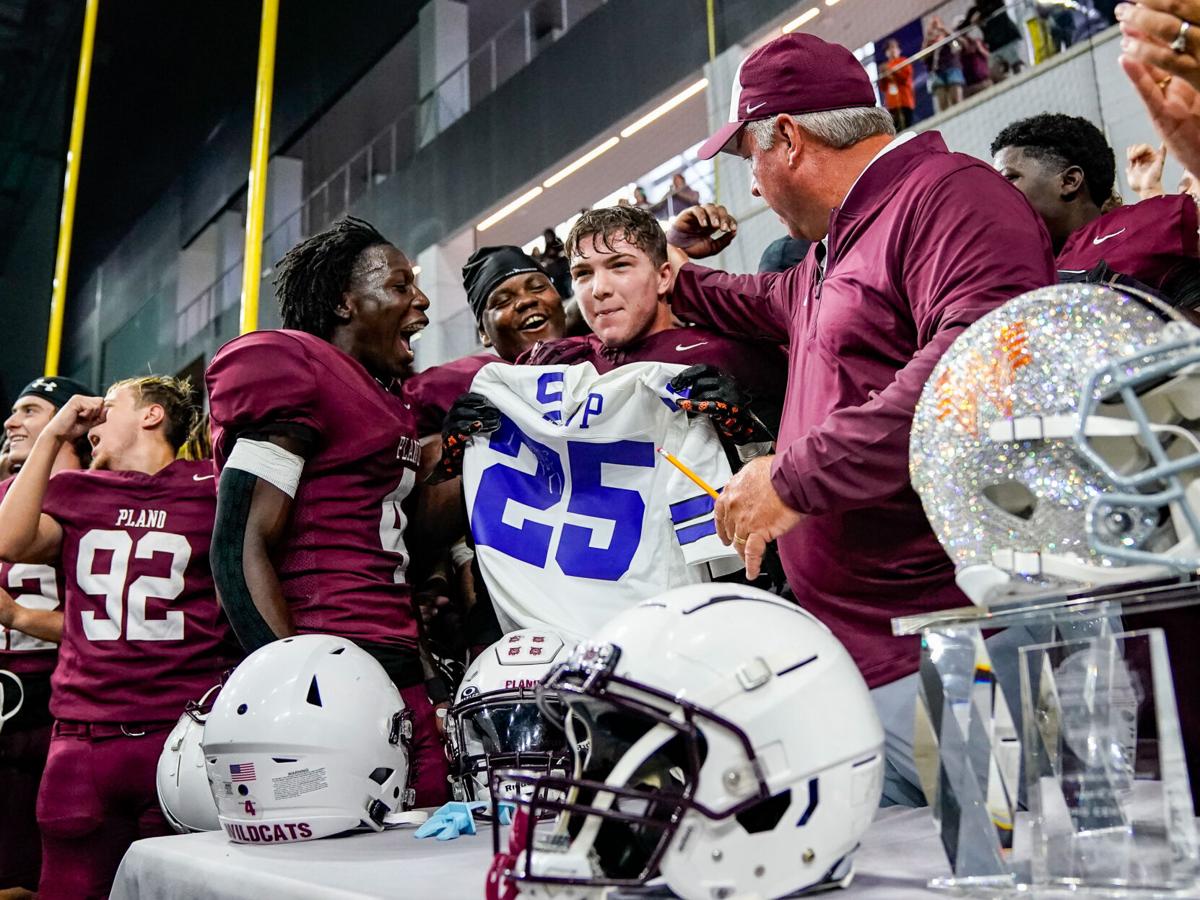Paper after paper, draft after draft. Essays, teacher recommendations, applications – the process of entering into college is one of careful planning, one that could cause a person to become overly stressed and even lose sight of the task necessary for them to graduate in the first place. Some, though, have decided to fore go the college application process entirely.
“I don’t feel ready,” junior and soccer player Taylor Cornelius said. “When people are preparing I’m like, ‘Why are you doing that? We still have two more years.’”
With the amount of pressure placed on students during the application process, it is not surprising that some are choosing to opt out of it all together. In the 2007 class of Plano ISD, 80 percent of the students were enrolled in a college or university after graduating. This leaves 20 percent who chose to go a separate route after high school. Cornelius had originally planned to go to college. She had wanted to get a degree in therapy and counseling and graduate from either Oklahoma University or Texas Christian University, but her point of view shifted. Beginning her job at Taco Bell in October of 2011 aided in this.
“Ever since I started working, I see that there are different opportunities,” Cornelius said. “You don’t have to go to college to make something of yourself.”
Cornelius grew up in a family where neither of her parents attended college.
“My dad owns his own business and is successful, so that influenced me,” Cornelius said.
Living in a home where she saw her father run his own successful painting and interior contracting business, Cornelius learned that being successful does not have to be based solely on a college degree. Over the years, she has seen that there are many other options for her, including trade school.
“I kind of want to go to beauty school,” Cornelius said. “My mom is really into that, so it kind of caught my interest.”
Money is another issue often brought up in the midst of applying for colleges. On average, public colleges cost $15,000 per year and private ones cost $32,000. Multiply each by four and the outcome could be a large amount of debt by the end of their college career. Scholarships are an option, but for some, money still poses a problem. Like many other athletes, Cornelius has begun the scouting process. She talked with Oklahoma Baptist University, Baylor University and South Methodist University. However, there are no promises, and there is always the possibility for accidents.
“I had a really bad injury on my knee, so my stepdad thinks I shouldn’t play soccer in college,” Cornelius said. “It’ll just wear me down more, because playing in college is so demanding.”
After playing since she was 3, playing competitive for eight years and playing forward for Plano, Cornelius is still unsure what to do. Cornelius and her parents have discussed this milestone in her life and her options.
“My mom thinks I shouldn’t waste myself and not go to college. She thinks I should at least go and see if I can figure out there if there’s something I want to do,” Cornelius said. “But my parents aren’t really pushing me to go because they know that I’ve grown up. They know that I’m a good child, and I’ve made good decisions. I’ll get my way through life somehow.”
Junior Matt Leeks has also thought about not applying to college. Like Cornelius, neither of his parents attended college either.
“There are a lot of people who actually do go to college, and they don’t actually do anything,” Leeks said. “They go the whole four years and they don’t do anything.”
Leeks sees life after college similarly to Cornelius. Instead of just going to a trade school, though, he has decided that he wants to also start his own business in auto tech or technology.
“I’m really creative. I like technology,” Leeks said. “I want to just do what I like to do and make a job out of it.”
Many of his peers are beginning in the college process and have talked to Leeks about his future plans.
“I have a lot of friends who agree with it and I have a lot of friends who don’t. Some of my friends are like, ‘Well, you need to go to college, so you can actually do good in life.’ And then other people are like, ‘I should do that. That’s a good idea,’” Leeks said. “You don’t need to go through all that just to think you’re going to get a good job out of college. A lot of people get good jobs without it.”
According to the Houston Chronicle, the average income for people who attend college is $45,000 annually; while those only receive their high school diploma is $30,000. To Leeks though, choosing not to attend college not only allows him to do what he wants, but also saves himself from a lot of stress.
“Whenever I hear people talking about SATs and stuff, in the beginning I was like, ‘Oh God, I’m probably not going to do good on any of that.’ And all of that was stressing me out,” Leeks said. “But then I think about what I’m actually going to do, and it gives me less stress. I know I don’t really need all that.”
Both Cornelius and Leeks have chosen a different route than the one society has made the norm.
“As kids, we’re pushed to go to college,” Cornelius said. “Even Obama is like, ‘If you don’t go to college you won’t make anything of yourself.’ That’s not really inspiring.”
Cornelius and Leeks have shown that not everyone’s future is meant to follow the same path. They are eager to carve their own path, and make their own life after high school.
“There are some people where school isn’t for them, and I just think I’m one of those people,” Leeks said. “I’m not destined really to do school. I can do other things.”






